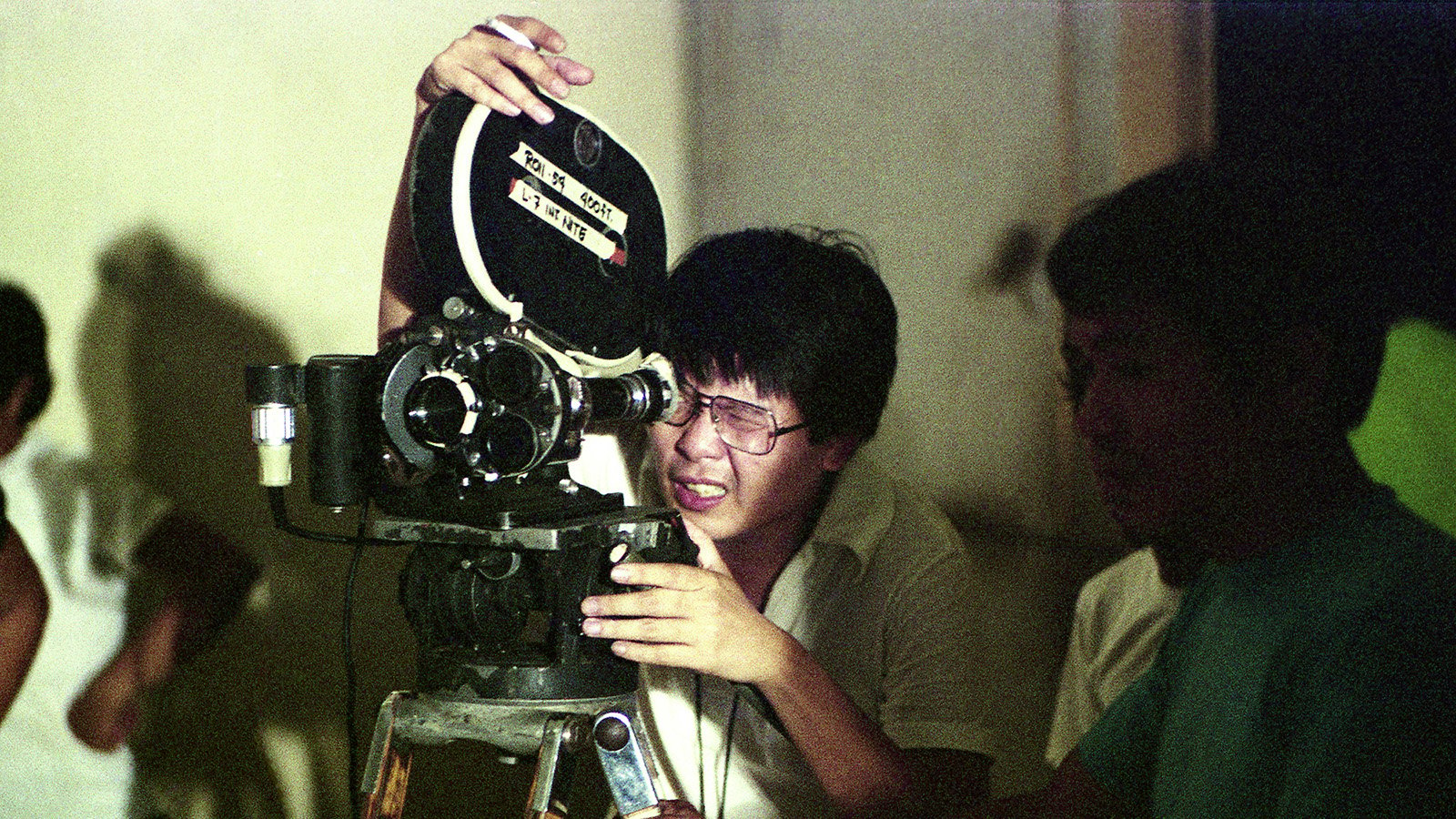On August 28, 2025, the Philippine film industry lost one of its most brilliant and uncompromising voices — the legendary director Mike de Leon, who passed away at the age of 78. His death was confirmed by his family through the French film distributor CarlottaFilms, which had brought some of his works to international audiences. His passing marks the end of a cinematic era, leaving behind a legacy that helped shape the soul and conscience of Filipino cinema.
The Journey of a Visionary

Mike de Leon was born in 1947 into a lineage deeply entwined with Philippine cinematic history. He was the grandson of Doña Narcisa de Leon, the pioneering founder of LVN Pictures, and son of veteran filmmaker Manuel de Leon. It was perhaps inevitable that Mike would eventually follow the same path — but what he did with that inheritance was nothing short of revolutionary.
Though his filmography consists of only a handful of titles, each one is regarded as a landmark. De Leon did not aim to produce in quantity; he created films with purpose, urgency, and an unflinching gaze at truth.
Defining Works of a Defiant Artist
De Leon’s directorial debut, Itim (1976), signaled the arrival of a singular talent in Philippine cinema. Blending psychological horror with postcolonial trauma, Itim introduced not just Charo Santos to the screen, but also a cinematic style steeped in atmosphere, symbolism, and inner turmoil.
He followed up with Kung Mangarap Ka’t Magising (1977), a meditative romantic drama; Kakabakaba Ka Ba? (1980), a surreal musical satire; and then two of the most searing social commentaries in Filipino film history — Kisapmata (1981) and Batch ’81 (1982). These films laid bare the violence and conformity imposed by patriarchal and authoritarian structures, and they remain relevant and studied to this day.
In Sister Stella L (1984), De Leon tackled religious and political awakening through the eyes of a nun, played by Vilma Santos, in one of her most iconic performances. His later films — Hindi Nahahati ang Langit (1985), Bilanggo sa Dilim (1986), and Citizen Jake (2018) — continued his tradition of bold, politically conscious cinema.
A Lasting Impact

The Film Development Council of the Philippines (FDCP) issued a heartfelt tribute following his passing:
“Mike de Leon was a voice for the unheard. His unwavering commitment to exploring the language of film shaped the identity of Philippine cinema. He brought to light the struggles of the marginalized and transformed their stories into cultural touchstones.”
FDCP Chairman Jose Javier Reyes remarked, “His life was dedicated to film. His fearless imagination changed how we tell our stories — and how we see ourselves.”
Indeed, Mike de Leon was never interested in pleasing the market. He aimed for something deeper: awakening. His films peeled back the glossy layers of nationalism and exposed the wounds beneath, demanding reflection from both state and citizen.
Joey de Leon Pays Tribute

Among the many who expressed their sorrow over Mike de Leon’s passing was fellow industry veteran Joey de Leon — a household name in Philippine entertainment and a pillar in his own right. Though they worked in very different lanes of show business, Joey de Leon spoke from the heart about what Mike meant to Filipino culture.
In a statement posted on his official page, Joey wrote:
“Mike de Leon wasn’t just a director. He was a mirror — one that reflected the darkest, most painful, and often ignored parts of our society. We grew up in the same world of cinema, but he had the courage to challenge it, dissect it, and rebuild it through his films. I didn’t always understand his silence, but I always admired his voice on screen. Rest well, Direk Mike. Philippine cinema owes you more than it can ever repay.”
His words resonated with fans and colleagues across generations — a rare moment of unity between two very different artistic sensibilities, bound by respect and a shared love for Filipino storytelling.
A Style Marked by Integrity
Mike de Leon’s body of work is admired not only for its technical brilliance but also for its moral clarity. His films were often described as “uncompromising,” a term that both honored and haunted him throughout his career. He refused to dilute his message, even if it meant alienating institutions, political powers, or even audiences.
His use of light and shadow, sound and silence, and pacing and tension created films that did more than entertain — they disturbed, provoked, and lingered. De Leon made cinema a battleground for truth, and in doing so, became a conscience of the nation.
Remembering a Giant

Mike de Leon’s death is more than the loss of a great filmmaker. It is the loss of a cultural compass. Generations of artists — from indie filmmakers to mainstream directors — have cited him as a major influence, and his films continue to be required viewing for film students in the Philippines and abroad.
In a time when truth is often drowned out by spectacle, Mike de Leon chose silence, stillness, and reflection. And yet, his voice roared in every frame he created.
A Final Curtain
Mike de Leon was many things — a filmmaker, a critic, a recluse, a rebel. But above all, he was an artist with a purpose. His cinema asked difficult questions and demanded that we not look away. While he has now taken his final bow, his films will continue to speak — and challenge — long after the credits roll.
As the Philippine film community mourns, let us not only remember the man but rewatch the message. In the words of the FDCP: “Rest in peace, Direk Mike. You gave us truth when it was hardest to find.”